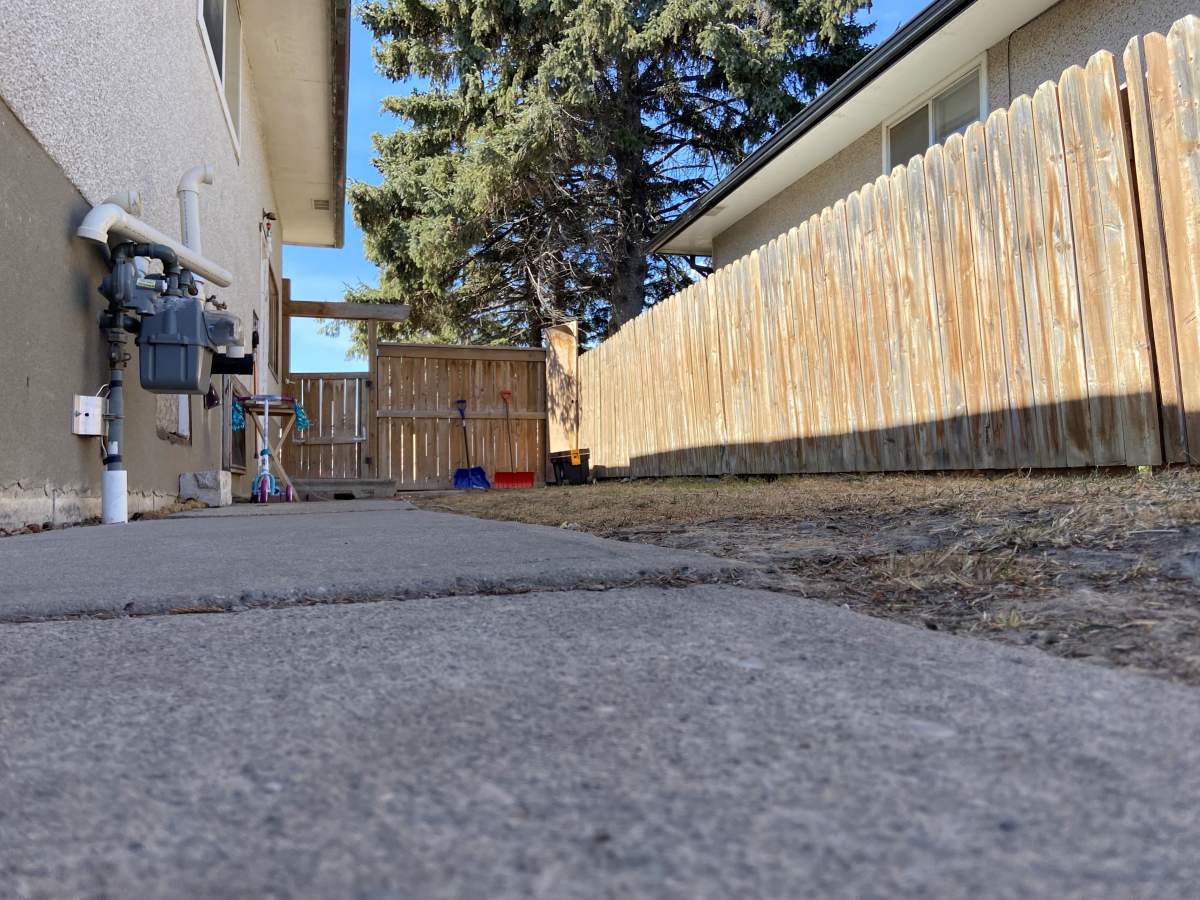With every passing second, Julie Broad was getting more worried. She lives with multiple sclerosis and lost her balance in a friend’s backyard Friday night.

“I couldn’t get up. I couldn’t move. I knew something popped or (was) broken,” Broad said.
Her friend tried to help her up but, he, too has limited mobility. He called 911 at around 2 p.m.
“They said they were busy and would try as fast as they could,” Broad said. “At 4:30 p.m., my friend called back. They said we will dispatch again and they showed up at 4:40 p.m.
“So for over two and a half hours, I laid on the ground in shock, shaking, crying and in extreme pain,” she said.
“I was just praying they would hurry.”
Broad said lying on the ground waiting for paramedics with what ended up being pulled knee ligaments was “one of the scariest things,” shaking and feeling like she was going into shock.

Get weekly health news
“I felt like I wasn’t a priority — I really did.”
Once paramedics arrived, Broad said they were wonderful and took her to Peter Lougheed Hospital to treat her pulled ligaments around her knee.
Mike Parker, president of Health Sciences Association of Alberta, said there’s no people power in this province.
“Just last week there were over 400 unfilled shifts: we had no people,” Parker said.
“Whether that’s mental injury, physical strain, the hiring practice isn’t sustainable and people are exiting the industry because of workload.”
He said long wait times are common.
“I wish I could say it’s a one-off. We are seeing, time and time again, extended waits. I’m being made aware of an 8-hour wait for a mid-level priority call.”
He said paramedics are pushed to the brink and need more resources and the ability to finish a shift on time.
“They’re trying to eat a meal quickly and withholding restroom breaks, they don’t get off shift on time, and are heading straight from the hospitals back to stacked calls waiting for them,” the HSAA president said.
Broad said she has filed a formal complaint.
“Next time, it would be quicker to load me in the car,” Broad said. “It’s way quicker, unfortunately.”
AHS spokesperson James Wood confirmed AHS is reviewing this case and are reaching out Broad to discuss concerns regarding the response time.
“EMS prioritizes responses to 911 calls based on information provided at the time of the call, so that EMS can ensure the most critical patients are prioritized for receiving immediate care, particularly during busy times. During busy periods, response times for lower acuity calls can be longer than we would like, however we will always respond as quickly as possible,” Wood said in a statement to Global News.
“EMS is continuing to manage a sustained increase in 911 calls, in addition to pressure on the overall health system due to the pandemic that has increased transfer times in hospitals,” Wood said.
He added, EMS is utilizing the EMS 10-Point Plan to help create capacity in the system, as well as increasing capacity in the hospitals to reduce transfer times and has brought on additional staff and ambulances.



Comments